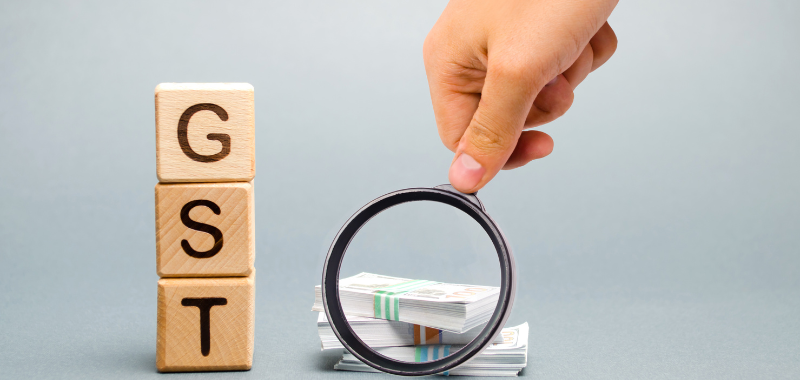When managing a Self-Managed Super Fund (SMSF), one of the decisions trustees need to make is whether the fund should register for the Goods and Services Tax (GST). While this decision is often straightforward, certain situations can make it more complex. Let’s break down when and why an SMSF might need to consider GST registration.
The Basics: When is GST Registration Required?
SMSFs that own commercial property generating rental income of at least $75,000 per year are required to register for GST. In addition, if an SMSF acquires commercial property and wishes to reclaim the embedded GST—rather than incorporating it into the property’s cost base—it must also register.
According to industry experts, the process of registering for GST involves certain considerations. “SMSFs that are not registered for GST do not receive income that includes GST; they only receive the net income,” explains one expert. “However, once registered, rental income from commercial properties will include GST, which must be remitted to the Australian Taxation Office (ATO). Although the overall financial impact is neutral, the treatment of expenses can differ.”
How Does GST Registration Affect Expenses?
One of the key implications of registering for GST is the impact on expenses. Most expenses incurred by an SMSF include GST. If the SMSF is not registered, the GST is simply part of the expense and is tax-deductible to the same extent as other expenses. However, once the SMSF is registered for GST, the treatment of expenses changes based on the nature of the expense.
For example, the GST on the acquisition of commercial property and related expenses is fully refundable. Other expenses, such as brokerage fees, may be partially refundable (75%), while others, like audit fees, are non-refundable. Any GST refunds received will influence the tax deductibility of those expenses. Generally speaking, while smaller expenses might not offer a financial advantage post-registration, larger expenses can yield a modest financial benefit—approximately $65 per $1,100 expense for accumulation funds and $75 for pension funds.
Important Considerations for GST Registration
If an SMSF decides to register for GST, it’s crucial to complete the registration within 21 days from the operative date to avoid potential penalties, as advised by the ATO.
There’s also an important issue for SMSFs holding commercial property that have not previously registered for GST: they will need to apply GST to rental payments. This requirement should typically be addressed in the lease agreement, but it’s possible that it may have been overlooked.
In such cases, the SMSF may need to request that the tenant increase their rental payment by 10% to cover the GST. While the tenant can usually offset this against their Business Activity Statement (BAS), this situation can lead to some difficult conversations.
It’s important to note that the ATO considers GST to be included in the rental income received by the fund, regardless of whether the tenant agrees to pay the additional amount. Therefore, it’s essential to clarify the details with the tenant before proceeding with the GST registration.
Determining whether to register your SMSF for GST requires careful consideration of your fund’s activities, particularly if it involves commercial property. While there are clear rules when income exceeds certain thresholds, the impact on expenses and the potential for complications with rental agreements should be carefully assessed. Consulting with a financial advisor or tax professional can help ensure that your SMSF makes the right decision and remains compliant with ATO regulations.
Credits

Sundaram Shanmugam,
Smart SMSF Team

